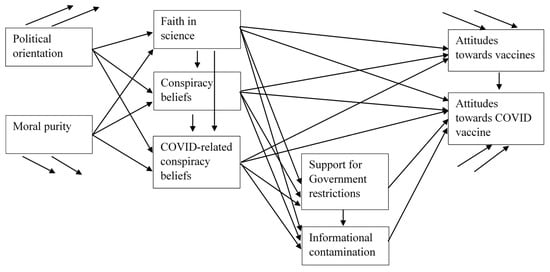Conspiracy theories have always been a fascinating topic, and they seem to be getting more attention these days. For some, such theories are just harmless fun, and they enjoy chasing them down like some sort of treasure hunt. But for others, conspiracy theories are a serious business that allows them to uncover what they believe to be hidden truths.
Whether you’re a skeptic or a true believer, it’s worth taking a closer look at some of the more popular conspiracy theories out there and examining the facts that support or disprove them. Doing so can help you form a more nuanced and informed opinion about what might really be going on beneath the surface.
One of the most widely discussed conspiracy theories of recent years is that the moon landing was faked by NASA. While it’s true that some people still believe this (despite overwhelming evidence to the contrary), the idea has been thoroughly debunked by experts who’ve studied every piece of evidence and testimony from the Apollo missions.
Similarly, the idea that vaccines are a government plot to control the population has been widely disproven by scientific research, which has shown that vaccines are safe and effective- and a critical tool to protect public health. Yet this theory persists, leading some people to avoid vaccines and increase the risk of outbreaks of preventable diseases.
There are also more recent conspiracy theories that have emerged during the pandemic, such as the idea that the virus is a manufactured bioweapon or that the vaccine is a dangerous, untested treatment. These theories have been continually debunked by experts and scientific research, yet they continue to be shared on social media and other platforms, sowing confusion and distrust.
The problem with conspiracy theories is that while it’s vital to question the status quo and hold institutions accountable, they can also be dangerously misleading and contribute to a growing sense of mistrust in the establishment. By obsessing over hidden agendas and secret plots, we miss the opportunity to engage with the real-world problems that we need to solve together.
Ultimately, uncovering hidden truths should be based on hard evidence and sound reasoning, not wild speculation. By employing critical thinking skills to examine the claims of conspiracy theories, we can distinguish between real issues and unfounded beliefs. Only then can we move towards a more transparent and accountable world.











